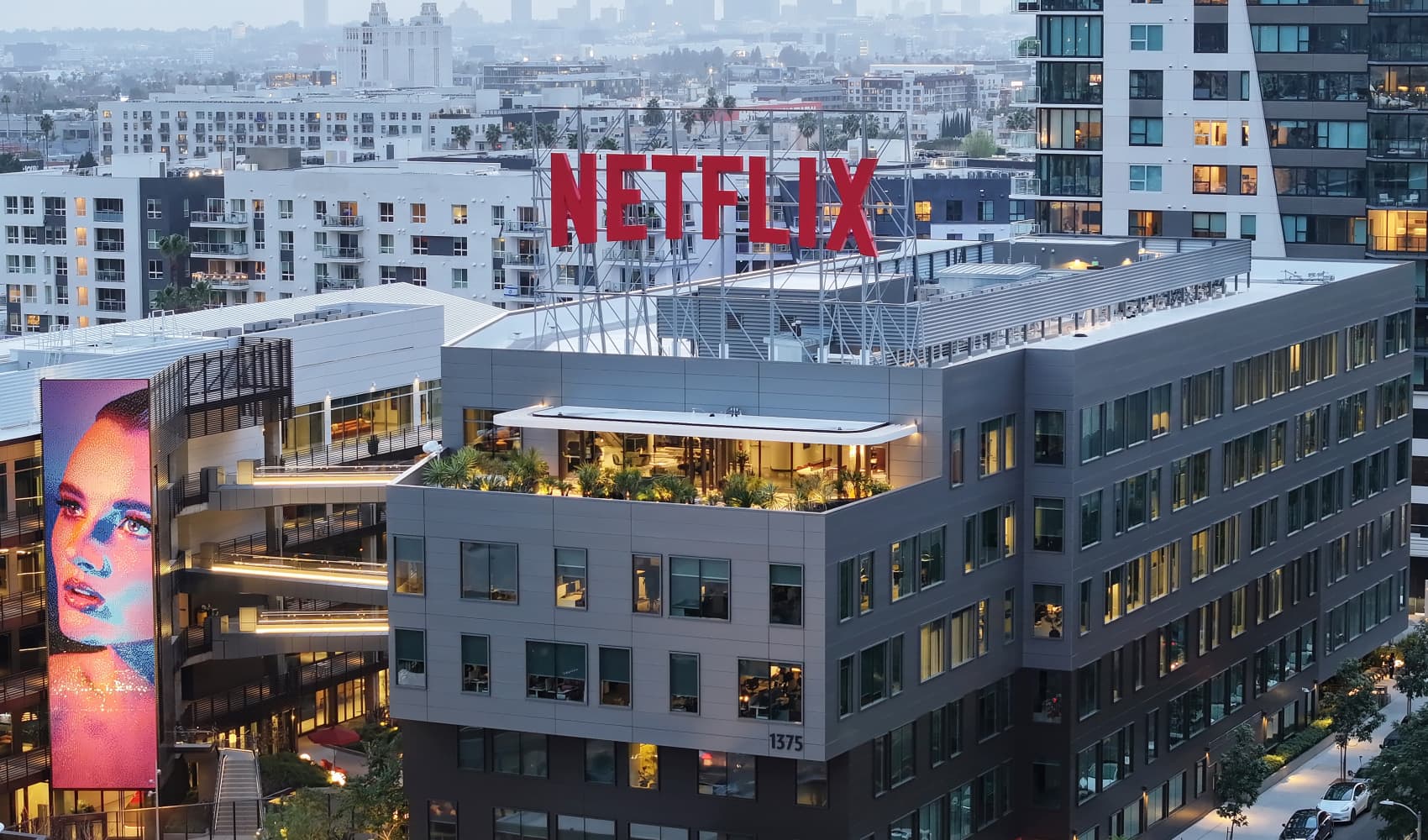
- Blackwells says Peloton has made little to no progress under new Chief Executive Barry McCarthy.
- This comes a little more than two months after Peloton founder John Foley transitioned to executive chairman and McCarthy, a former Netflix and Spotify executive, took the helm of Peloton.
- "Remarkably, shareholders are worse off now than before," Blackwells' chief investment officer said in a statement.
Activist Blackwells Capital is reiterating its push for Peloton to consider a sale, arguing that the connected fitness company has made little to no progress under new Chief Executive Barry McCarthy, according to a new presentation seen by CNBC.
Peloton's powerful brand, proprietary technology, engaging fitness instructors and loyal subscriber base can be shaped into a much more attractive business, argues Blackwells, which has a less than 5% stake in Peloton.
But, the firm said, change cannot happen effectively in the public markets, particularly as Peloton founder and former CEO John Foley maintains control of the company through his super-voting shares.
Peloton shares ended Wednesday up 5.5%. The stock is down about 30% year to date.
This comes a little more than two months after Foley moved to the executive chairman role and McCarthy, a former Netflix and Spotify executive, took the helm of Peloton. The shake-up transpired as Peloton was seeing demand for its bikes and treadmills wane as costs mounted, weighing on profits. In February, Peloton announced plans to ax about 2,800 jobs and slash roughly $800 million in annual costs.
"Two months have passed since John Foley was promoted into the role of Executive Chairman and Barry McCarthy came out of retirement to assume the post of CEO," Jason Aintabi, chief investment officer of Blackwells, said in a statement. "Remarkably, shareholders are worse off now than before."
Money Report
Blackwells is calling on Foley to "recognize his own limitations," Aintabi said, and to immediately eliminate the dual-class voting structure.
"Blackwells continues to believe that Peloton cannot be controlled by an executive chairman who appears to be under extreme duress, and will pursue all remedies available to it and to all shareholders," he added.
The Financial Times first reported on the Blackwells presentation.
Peloton and Foley didn't immediately respond to CNBC's request for comment.
Blackwells first took aim at Peloton in late January, after a series of CNBC reports, including one that the company hired consulting firm McKinsey & Co. to look for cost-cutting opportunities across the business and another that Peloton planned to temporarily halt production of some products as demand plummeted.
At the time, Blackwells argued that Peloton could be an attractive acquisition target for larger technology or fitness-oriented companies, such as Apple or Nike.
Since taking over the top job, McCarthy has been clear about his plans to turn the company around rather than pursuing a sale in the short term. In an email sent companywide in early February, he said he was "here for the comeback story."
Under his leadership, Peloton has already hired a new supply chain chief and is also testing a new pricing system, where customers pay a single monthly fee for both their workout equipment and for access to on-demand fitness classes. McCarthy's background with membership-based businesses has spurred speculation that the CEO could pivot Peloton to become more focused on recurring subscription revenue over hardware sales.
Still, Blackwells argues that a more significant restructuring is necessary and Peloton's cost-cutting measures won't go far enough.
Peloton could garner a takeover price now that would take years to achieve as a standalone company, the activist said in its presentation. It lists Netflix, Google and Amazon as potential acquirers.






